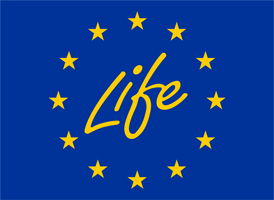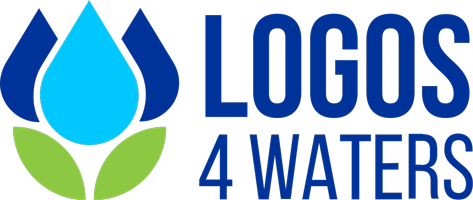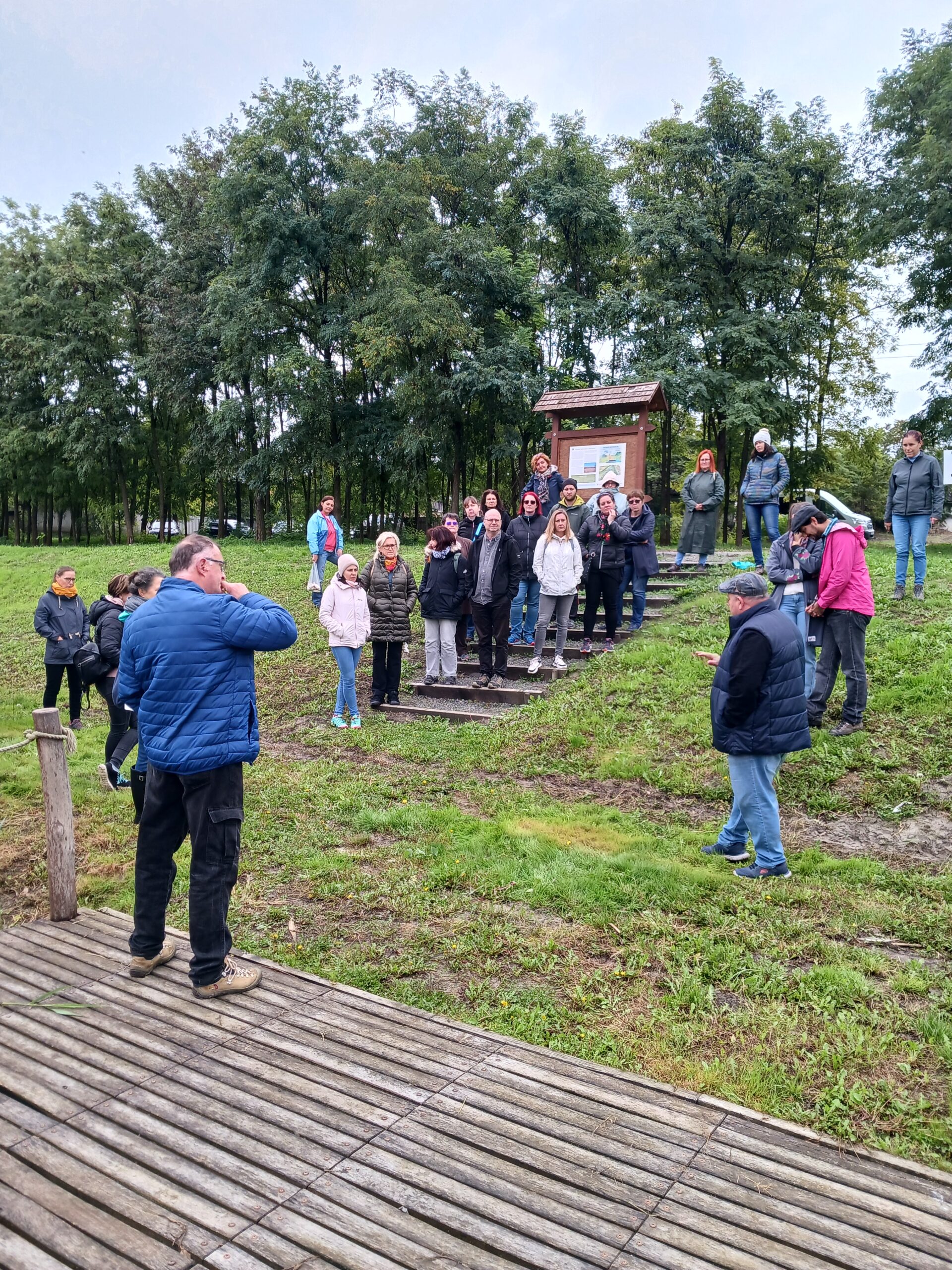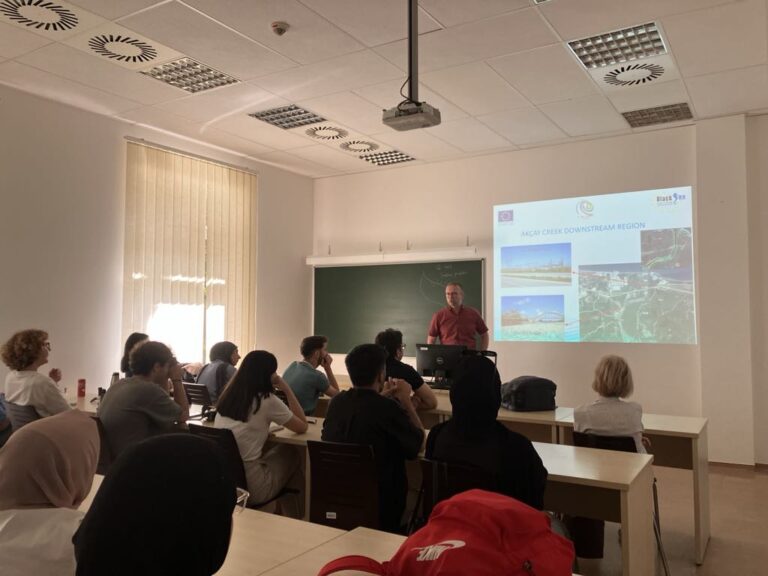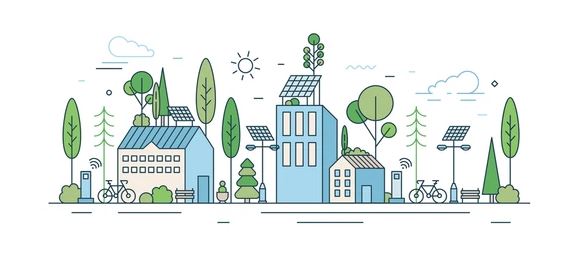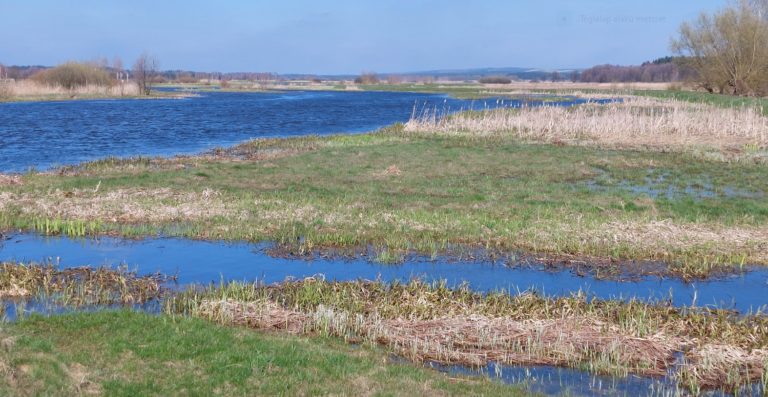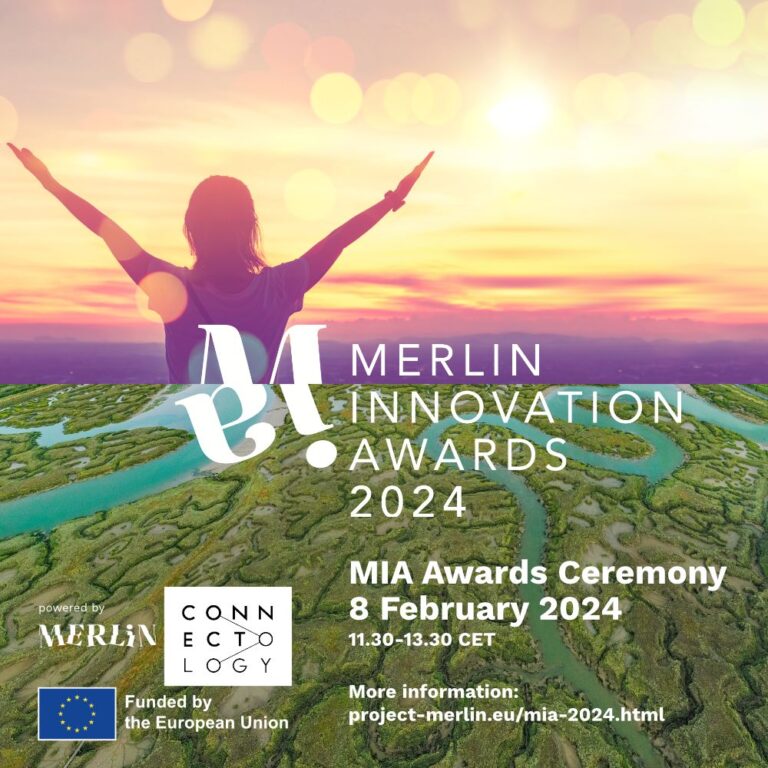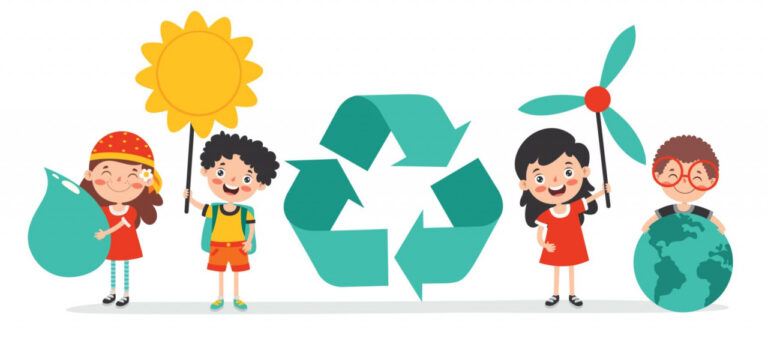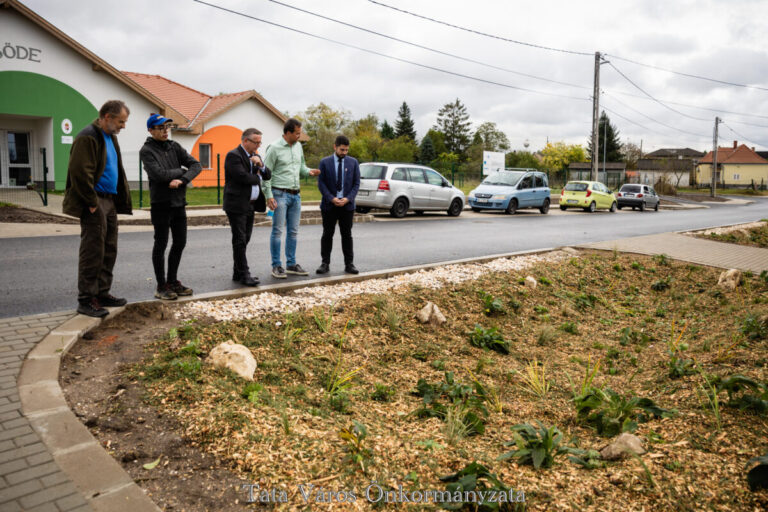On the first weekend of October (4-6 October 2024), the second edition of the LIFE LOGOS 4 WATERS teacher training took place. The main objective of the Víztükör (Water Mirror) teacher training course organised by WWF Hungary and accredited by the National Education Office, was to provide participants with a deeper understanding of the links between wetlands and the impacts of climate change, and to enable them to incorporate this information into their own lessons and activities by learning practical solutions for nature-based water retention and creative tools for environmental education.
You can read the report of the first training conducted in the hilly project area here.
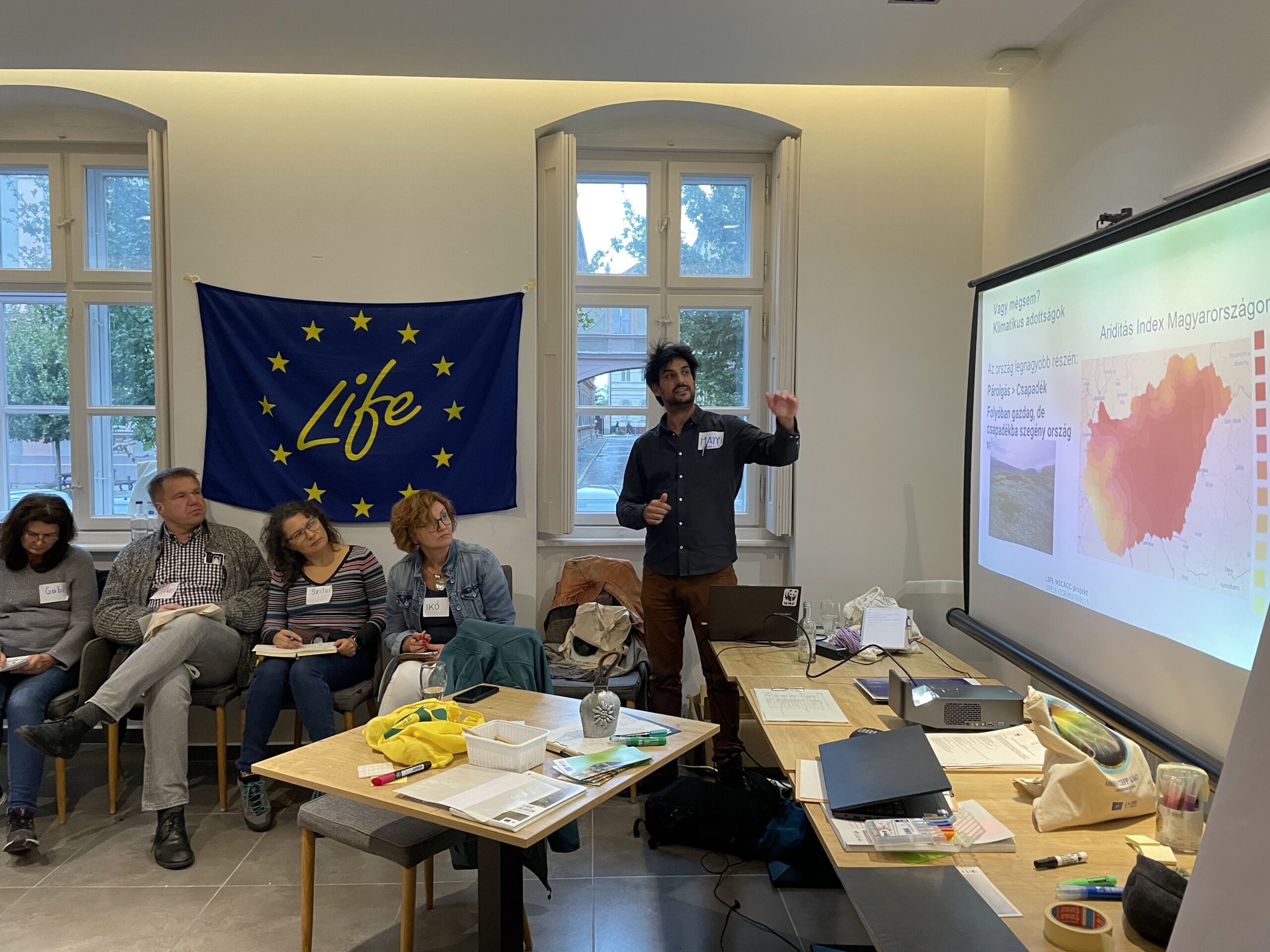
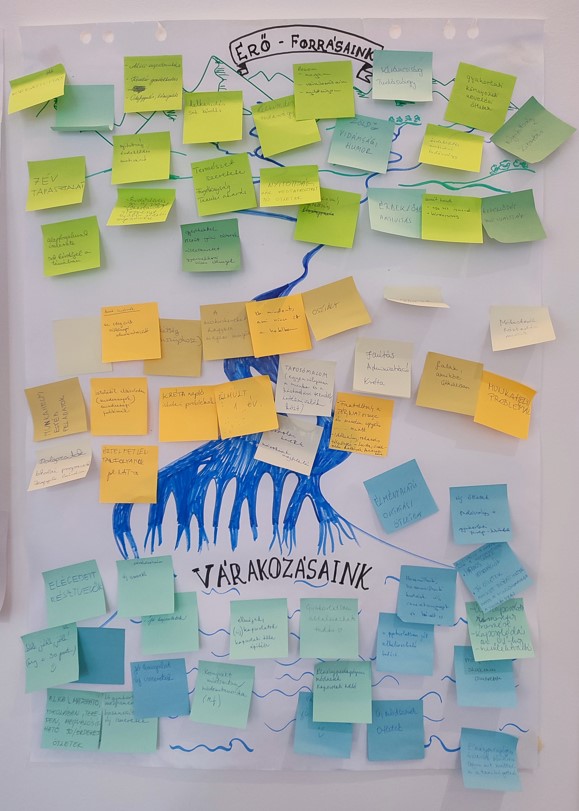
As part of the theoretical training, participants learned about the objectives of the LIFE LOGOS 4 WATERS project, the role of water in landscapes and ecosystems, and the impact of climate change on these natural systems. The trainers presented learning facilitation methods that enable students to engage in experiential learning. These include the Joy and Sadness Map exercise, which can be done in the field, or the 4F model for processing experiential learning into facts, feelings and lessons learned.
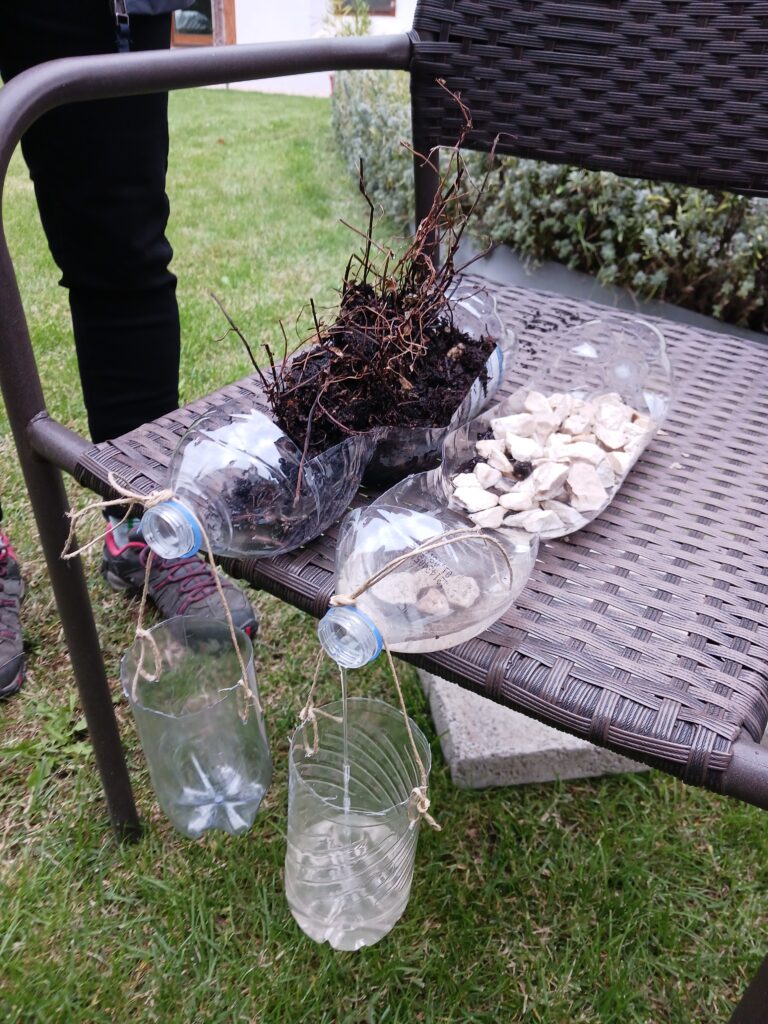
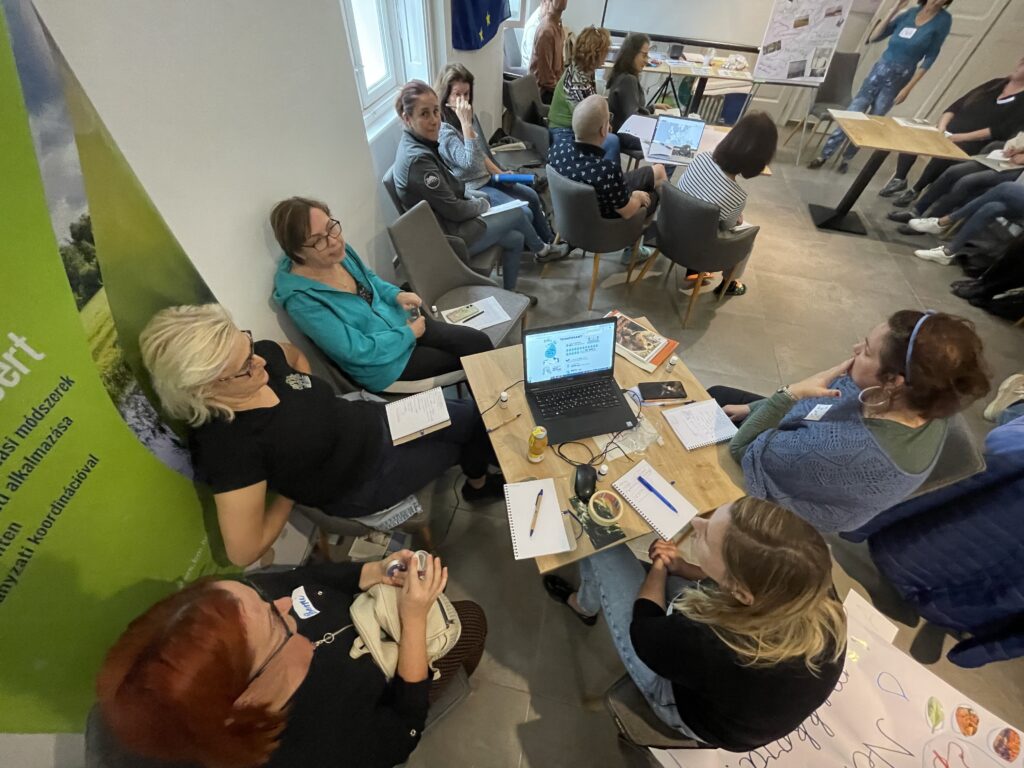
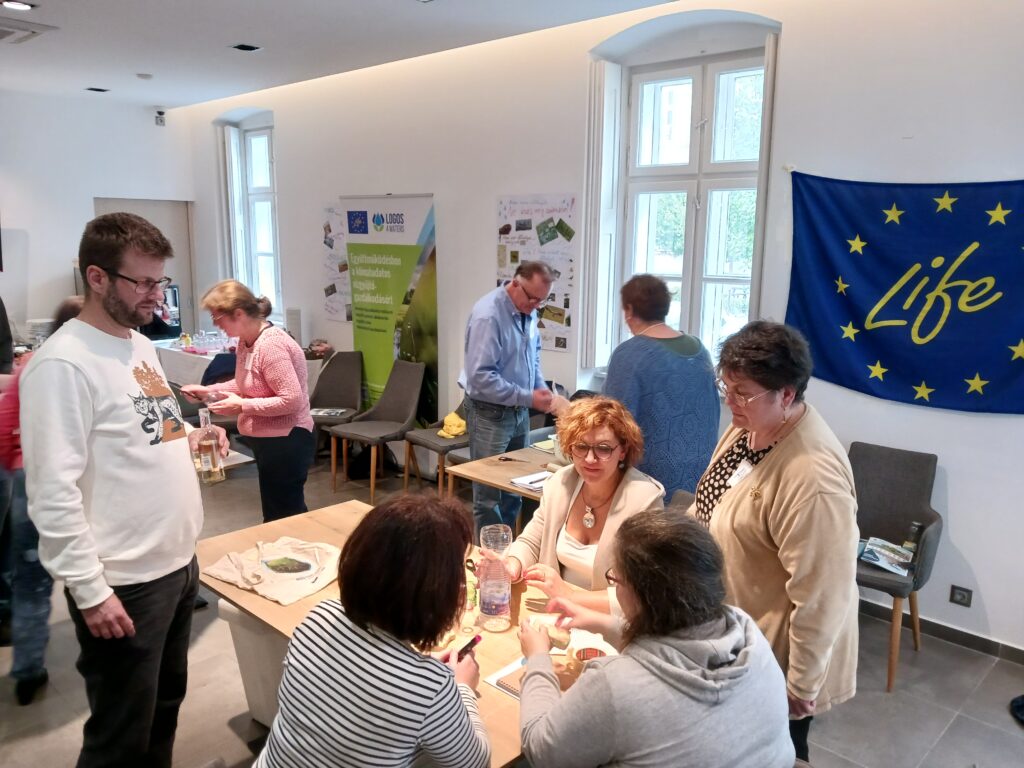
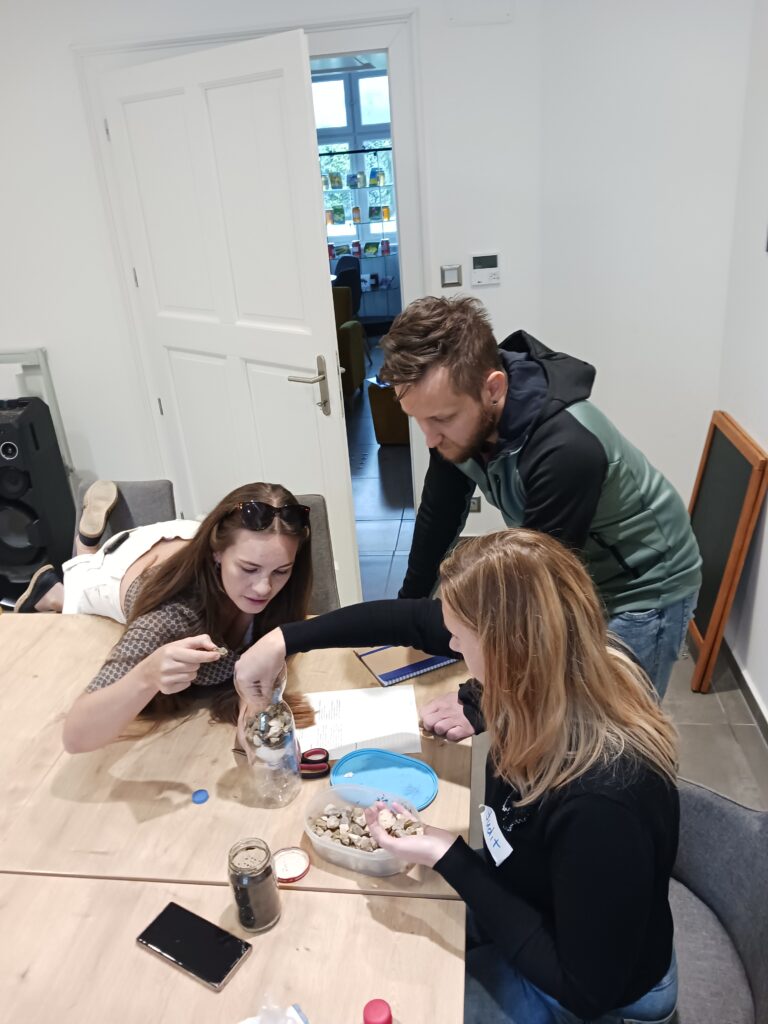
In addition to the theoretical material, the curriculum included games and experiments modelling the role of water, the ecosystem services it provides and methods of natural water retention.
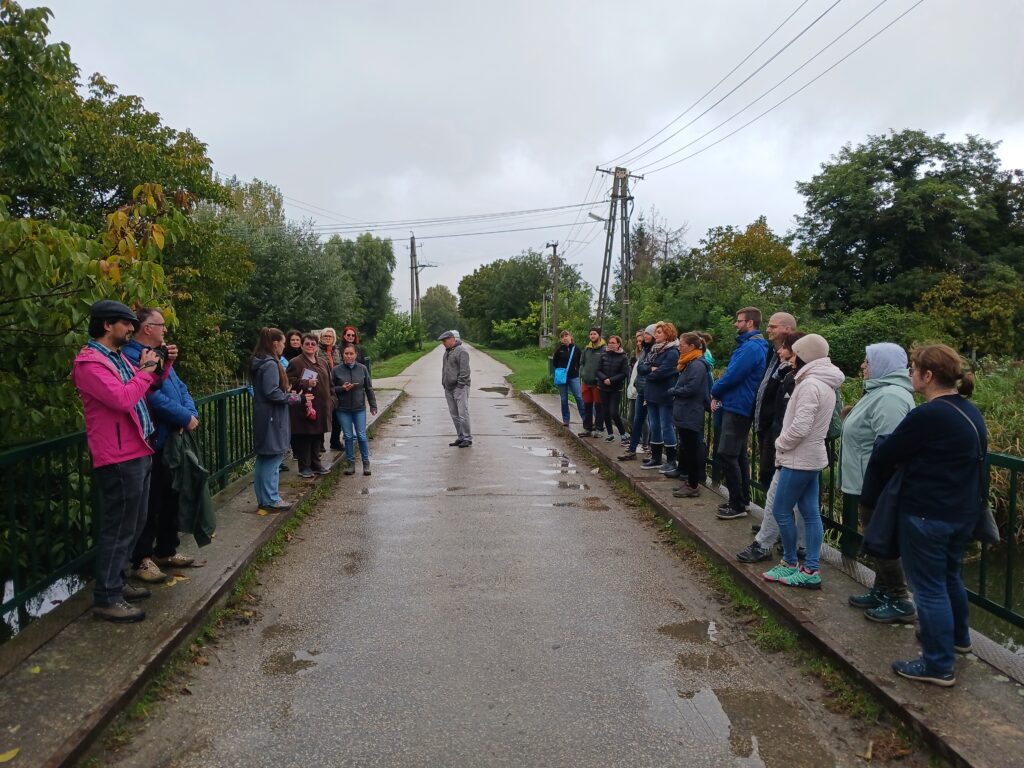
During the Sunday field session, participants were introduced to water retention solutions in Foktő and Bátya. In Foktő, the group visited a rainwater reservoir under construction, while in Bátya they saw a near-natural pond that had already been created in a previous project. The latter illustrated to the participants how a healthy wetland can be created in just a few years if the necessary conditions are available.
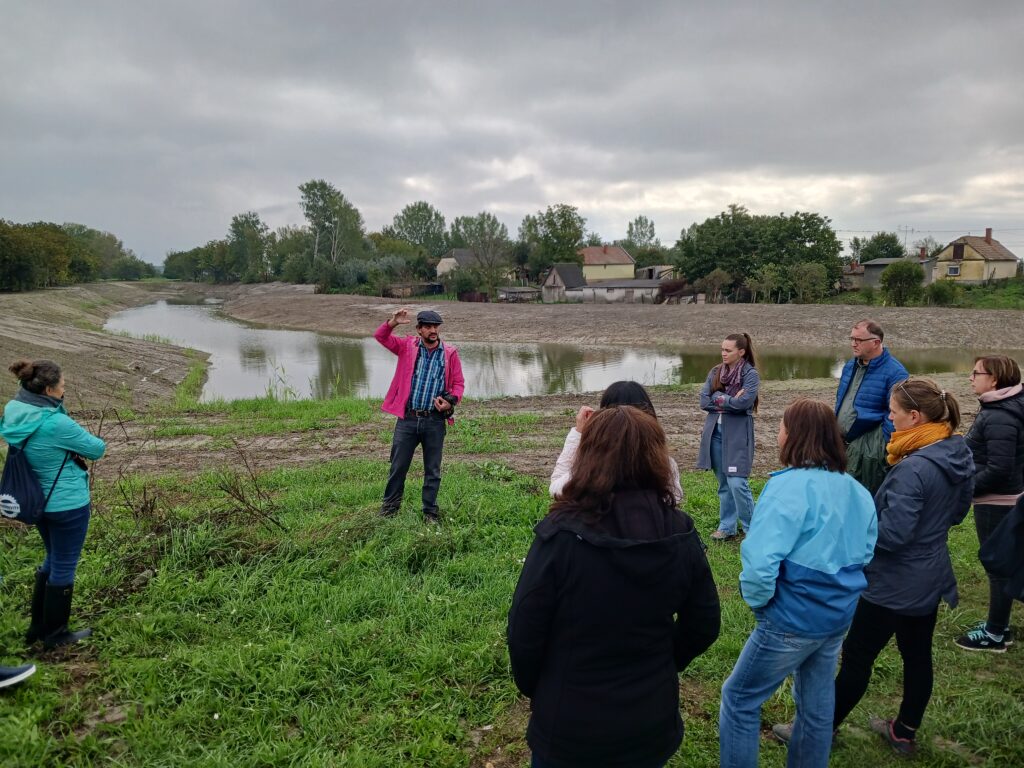
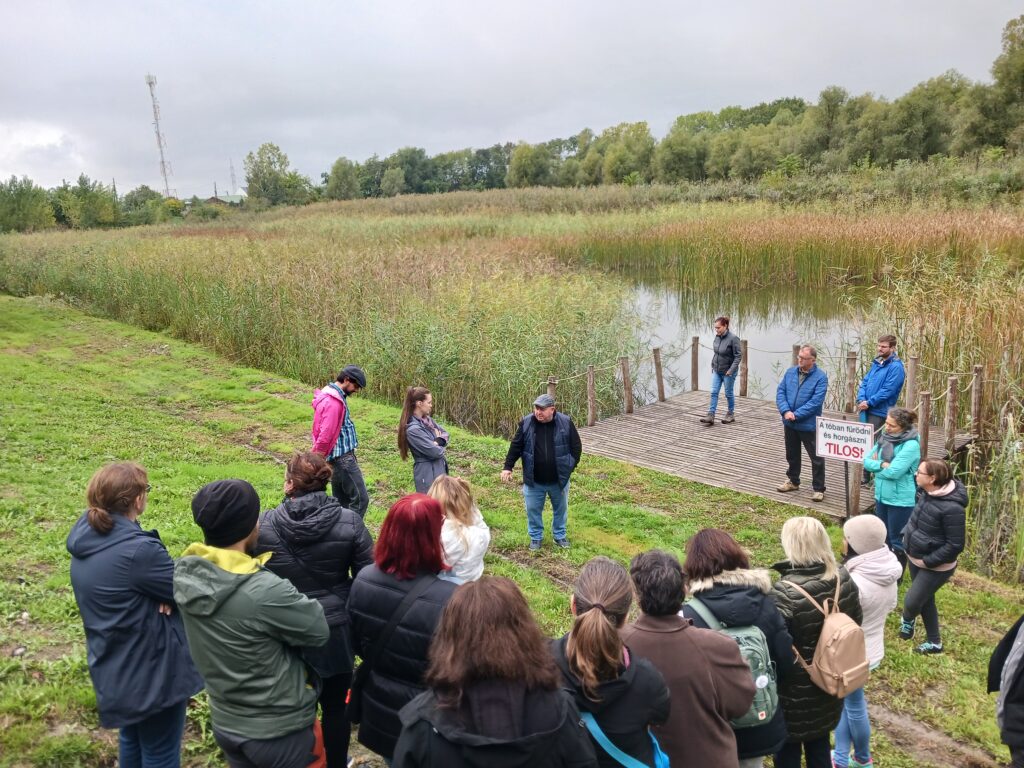
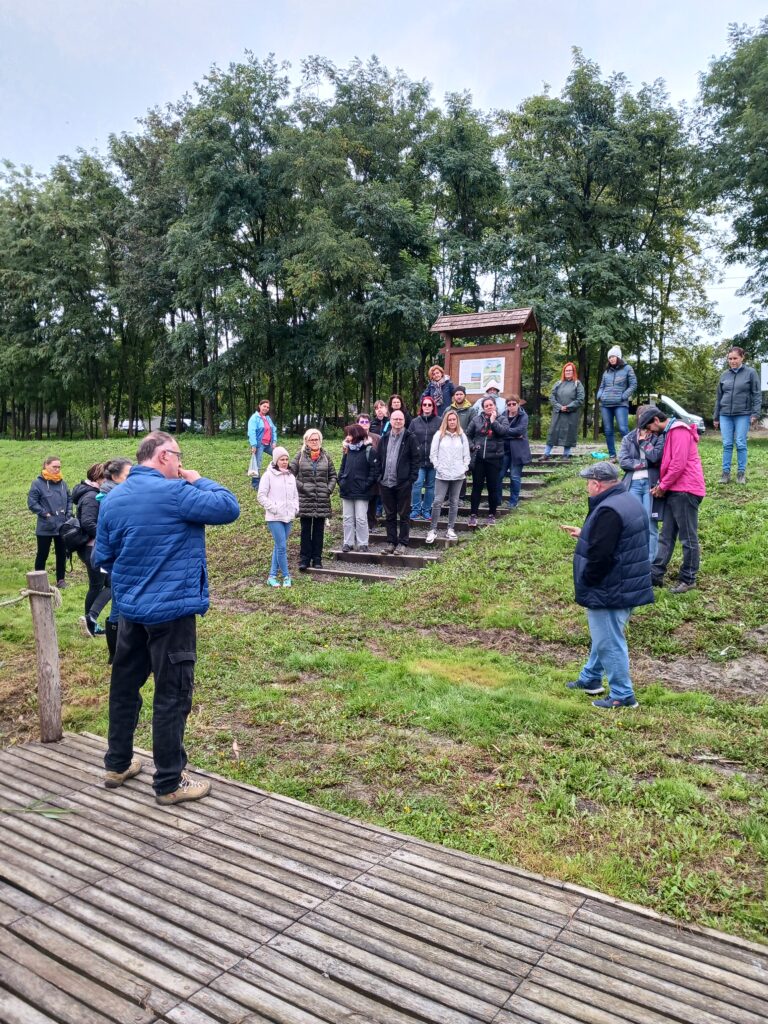
The feedback from the participating teachers was that they found the weekend useful and meaningful:
“It was a very professionally put together programme, from the timetable to the quality of the training and the open and family atmosphere. It was one of the best training courses I have attended in my teaching career.”
“I’ve attended several training courses in the past years, but I’ve never come back with so much material and practical knowledge. The ratio of theoretical to practical parts of the curriculum was appropriate and well adaptable to the students I teach. Thank you for adding knowledge to my arsenal that I will keep in mind not only in school but also in my own life. I also see my environment through different eyes. Thank you for your help.”
“Thank you very much, I felt the weekend was really useful, not only in professional matters but also in human values. I am grateful to have been there.”
In the next phase, the participants of the training held a test lesson with the Víztükör (Water Mirror) methodology in their own institutions and reported back online to each other and to the training facilitators. By sharing their experiences with the group, the training methodology can be reviewed, revised and, where necessary, supplemented.
